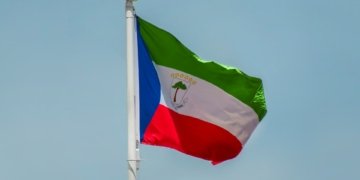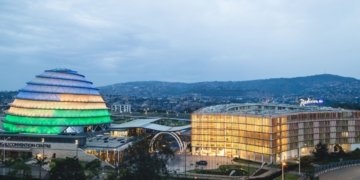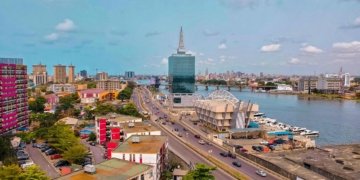GENEVA, Switzerland (BG) – As the world observes International Migrants Day on Wednesday, December 18, Africa is making strides in managing migration within its regions, emphasizing regional cooperation, policy reform, and opportunities for intra-African mobility.
Migration within Africa continues to grow, with most African migrants seeking opportunities within the continent rather than moving overseas.
According to the International Organization for Migration (IOM), 80% of African migrants stay in Africa, and the continent accounts for just 14% of the global migrant population, compared to 41% from Asia and 24% from Europe.
Migration is a central issue on the continent, with millions of Africans crossing borders in search of employment, education, trade opportunities, and other prospects, while others are forced to flee due to climate disasters or conflicts.
“Alongside these challenges are stories of resilience, progress, and hope where safe and well-managed migration holds extraordinary potential,” said IOM Director-General Amy Pope on Wednesday in her message for International Migrants Day 2024.
Advancing Intra-African Migration
Regional blocs like the Economic Community of West African States (ECOWAS), the East African Community (EAC), and the Southern African Development Community (SADC) are paving the way for more seamless migration.
ECOWAS’ Free Movement Protocol allows visa-free travel across its 15 member states, bolstering labor mobility and trade.
In East Africa, frameworks established by Kenya, Rwanda, and Uganda have made it easier for citizens to live, work, and move within the region, reflecting a commitment to making migration a driver of socio-economic development.
Economic Impact of Migration
“We celebrate the contributions millions of migrants make to communities, economies, and countries around the world,” UN Secretary-General António Guterres stated in his message for International Migrants Day 2024.
Migration significantly boosts Africa’s economies through remittances.
Remittance flows to Sub-Saharan Africa reached $54 billion in 2023, a slight decrease of 0.3%, according to the World Bank, supporting education, healthcare, and small businesses.
Countries like Nigeria, Ghana, Kenya, and Senegal have been top recipients.
Recognizing the potential of their diaspora, countries like Morocco, Egypt, and South Africa have launched initiatives to engage their migrant populations abroad, encouraging investments and skills transfers.
“Migrants play critical roles in labor markets… entrepreneurship and addressing demographic challenges and ageing Society. Migrants boost economic growth and provide a lifeline to families and communities back home,” Amy Pope emphasized.
Migration Policy Reforms
The African Union’s Migration Policy Framework for Africa (2018–2030) has provided a blueprint for strengthening migration governance.
Nations like Rwanda and Ghana have reformed migration policies to attract skilled labor and investments, aligning migration management with development goals.
Rwanda, for instance, has simplified work permit process and residence requirements, making it a hub for returning diaspora members and regional talent.
Challenges and Collaboration
Despite progress, irregular migration, human trafficking, and forced displacement remain significant challenges.
Africa accounts for one-third of the world’s forcibly displaced populations, with crises in countries like Sudan, Somalia, and the Democratic Republic of Congo exacerbating migration pressures.
Efforts to address these challenges include collaborations with international organizations like the IOM and United Nations High Commissioner for Refugees (UNHCR) to provide humanitarian aid and develop long-term solutions.
Toward a Brighter Future
The African Continental Free Trade Area (AfCFTA) is a major initiative to create a single, liberalized market for goods and services across Africa.
By reducing barriers to trade and investment, AfCFTA seeks to enhance economic integration, increase employment opportunities, and improve incomes across the continent.
This framework reflects Africa’s ambition to integrate mobility and economic opportunities further.
With ongoing cooperation and commitment, Africa’s approach to migration holds promise for a future where movement across borders fuels opportunity, stability, and progress for millions across the continent.
The continent’s approach to migration increasingly positions it as a tool for shared prosperity.
Amy Pope underscored, “This day gives us a special opportunity to shine a spotlight on the invaluable contributions of millions of migrants around the world.”























